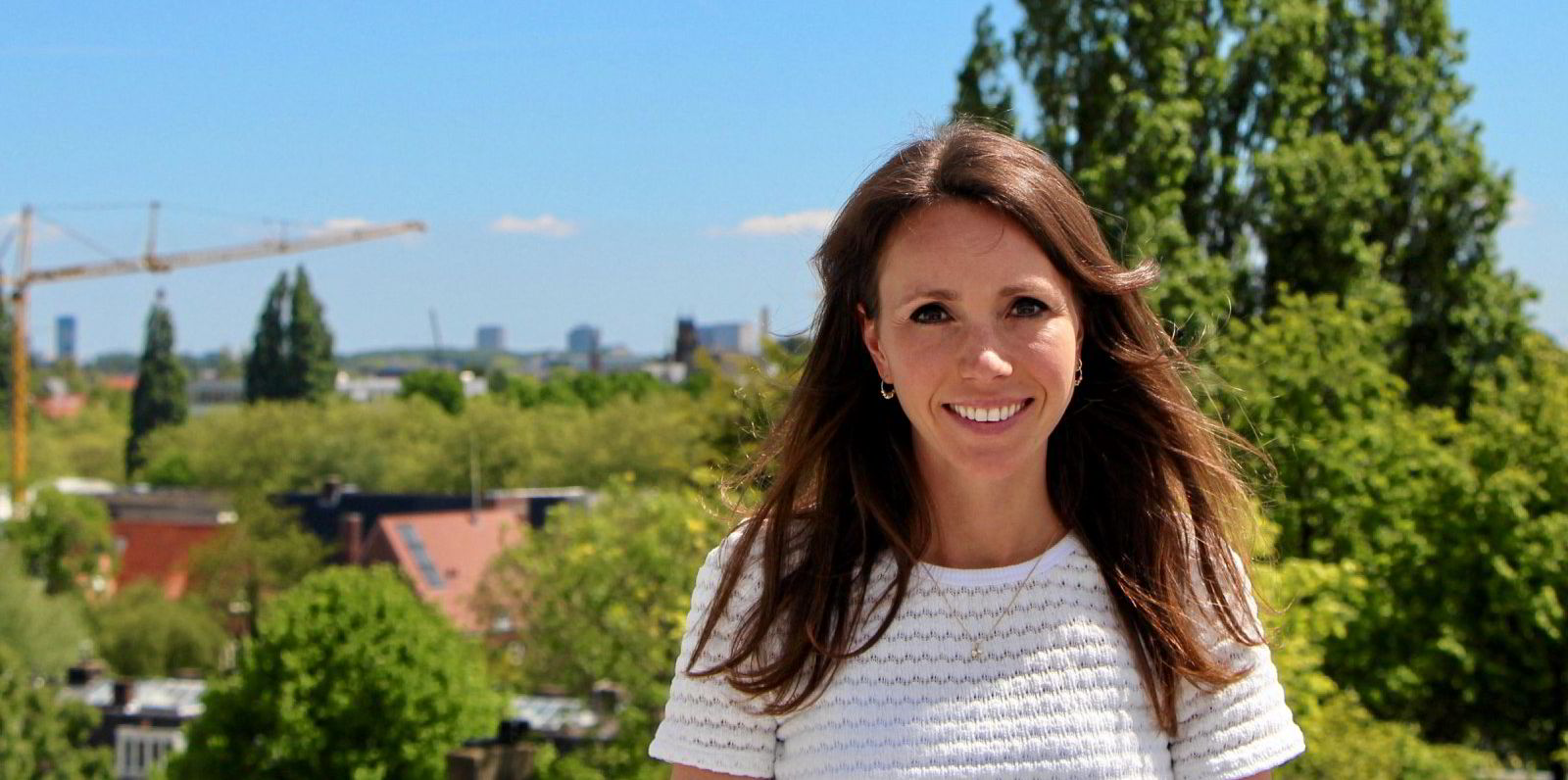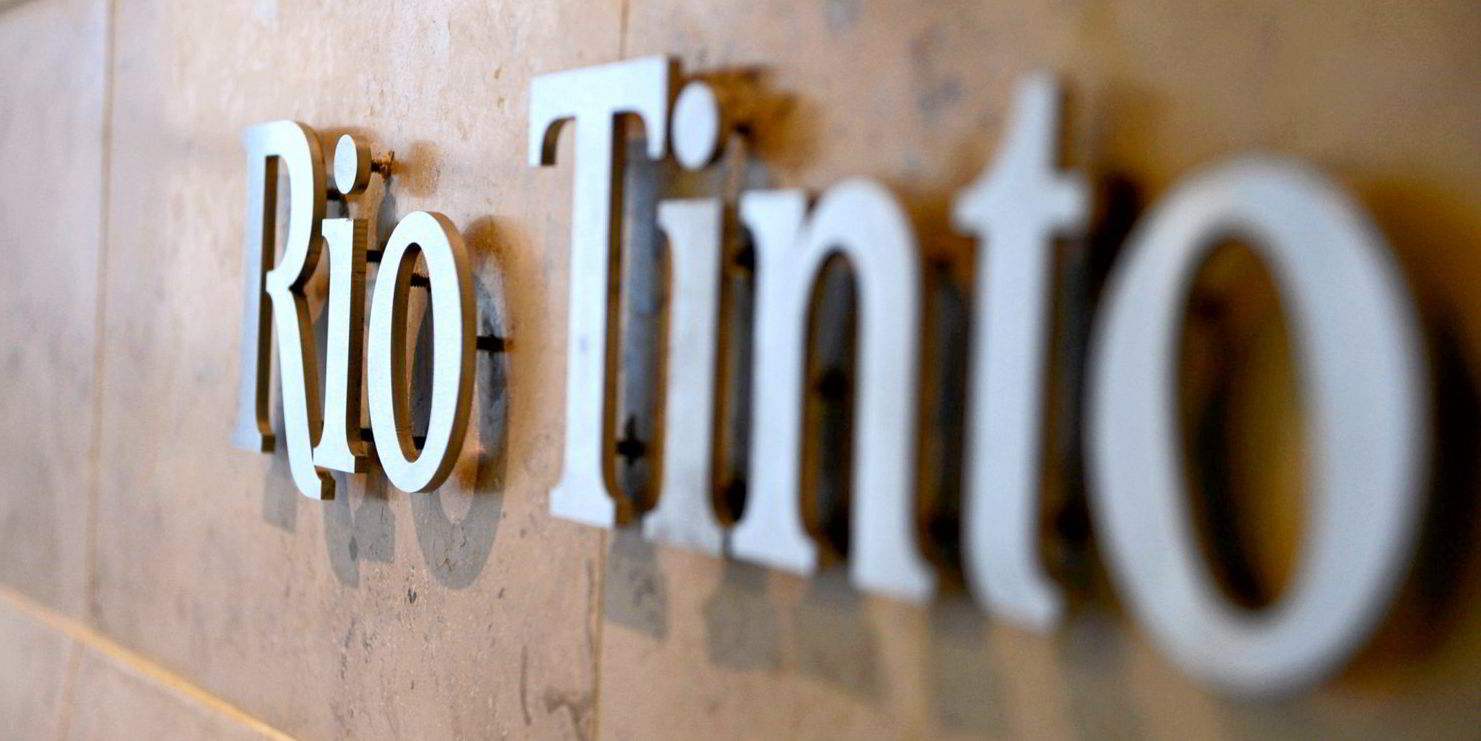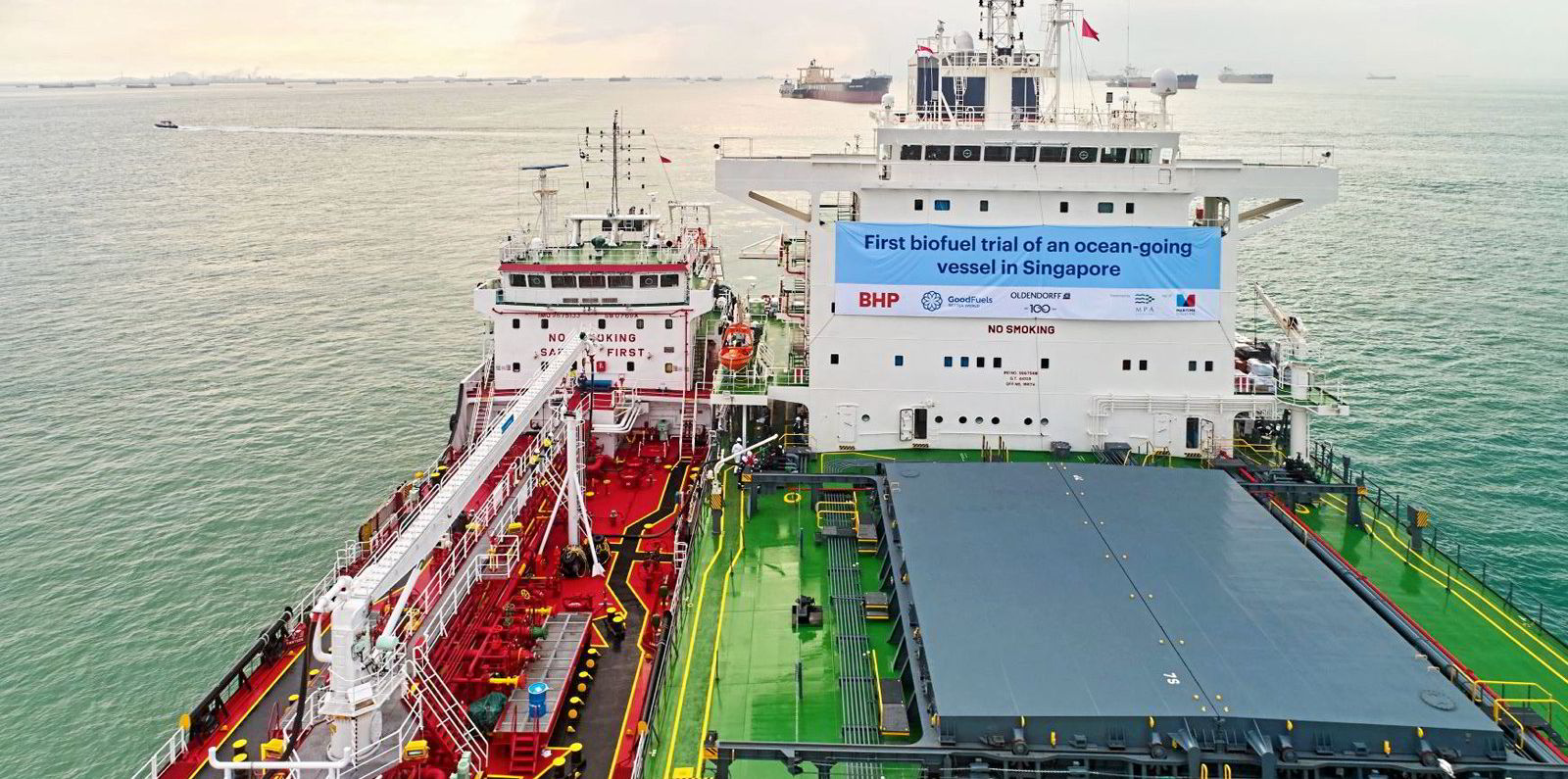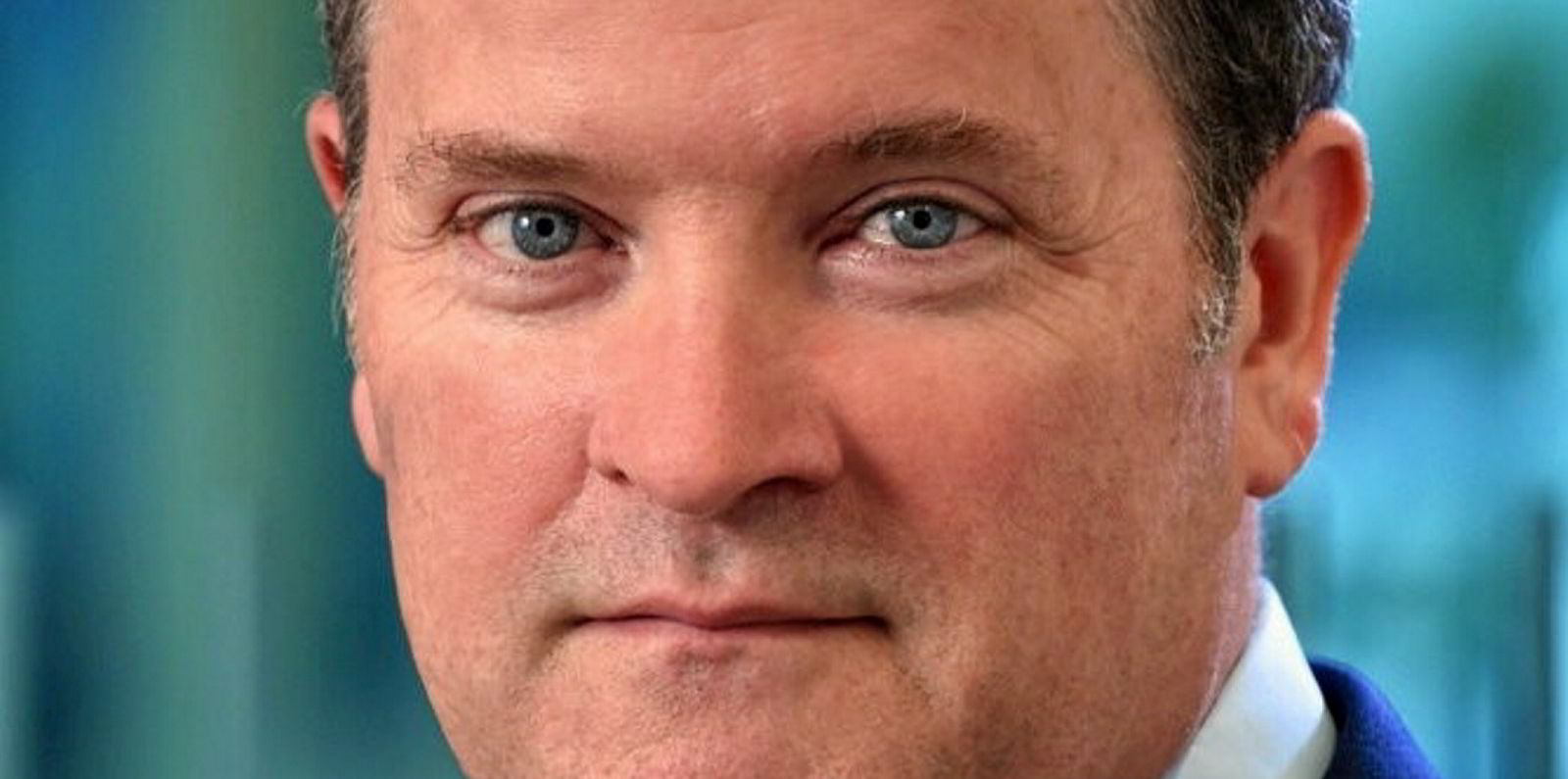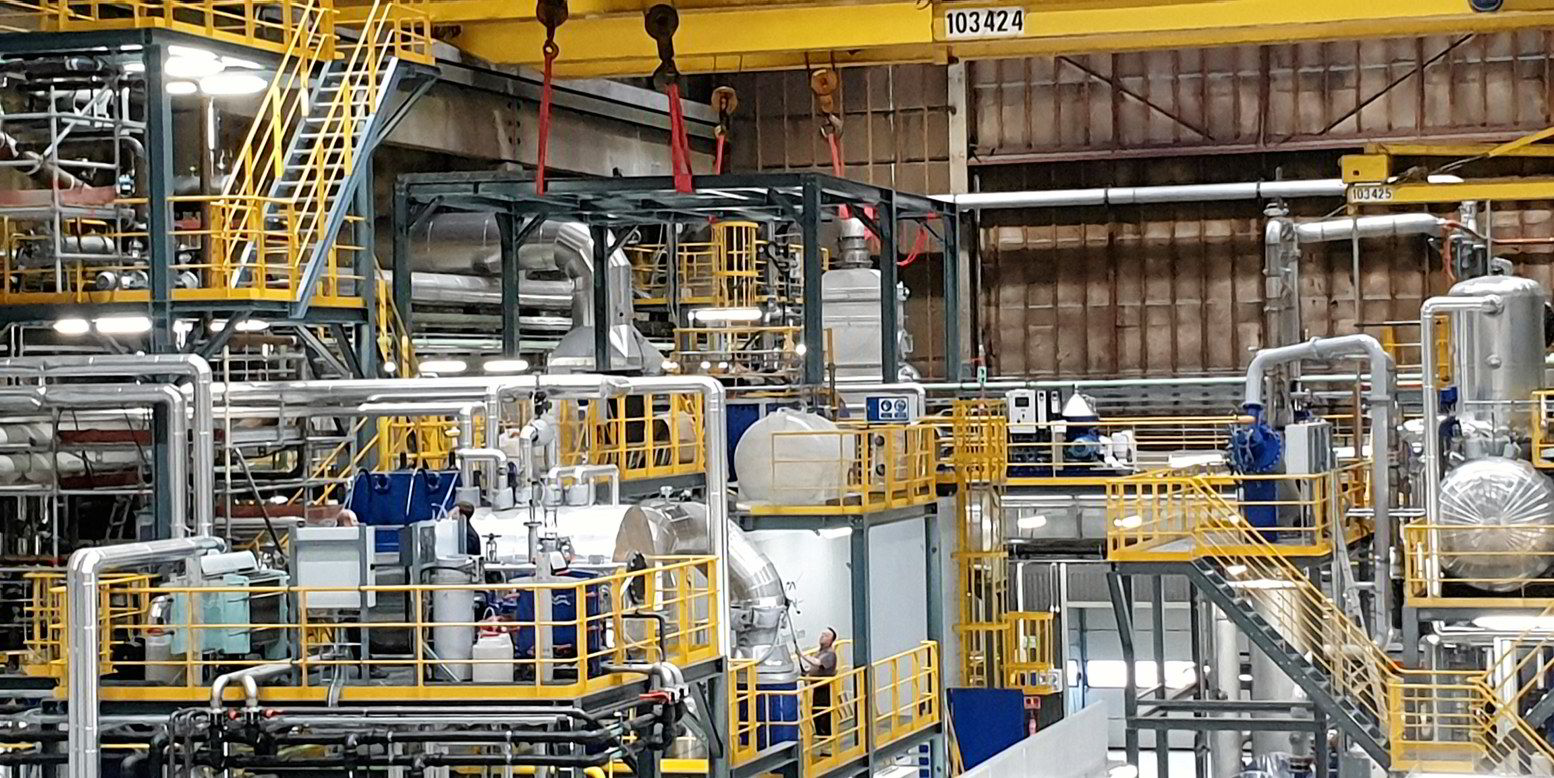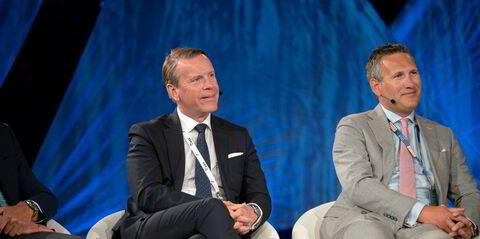Dutch biofuels supplier GoodFuels has opened up on its global ambitions following the first trial of green bunkers in Singapore.
The company provided a blend made from recycled waste to charterer BHP to fuel Oldendorff Carriers' 81,290-dwt bulker Kira Oldendorff (built 2020).
The biofuel cuts CO2 emissions by up to 90%, GoodFuels said.
Chief executive Dirk Kronemeijer told TradeWinds the company has a long-standing relationship with BHP.
And chief commercial officer Isabel Welten said there had been a lot of contact with the charterer over the past couple of years.
The companies had a first meeting about biofuels in Singapore in 2017.
In 2019, BHP carried out a first test of a GoodFuels blend in Rotterdam, with NYK Line as the shipowner.
Time was now
"We found the time was now ready to get that off the ground" in Singapore, Welten said.
BHP's operations in Australia meant it was keen to do something at some stage in Singapore, Kronemeijer added.
"But we were hampered by not having the same incentives as you have in Europe, so the cost is much higher versus Rotterdam, and that is why this is to be seen as a wider initiative to create a market in Singapore as well," he said.
There is of course still a premium for biofuel compared with high or low-sulphur bunkers.
But Kronemeijer called this "an easy premium that is doable with cargo owners involved" in Rotterdam.
"It's clear that Singapore is not economically viable in the short term for a large-scale set-up yet," he added.
'Substantial' premium
He said biofuel is substantially more expensive there.
GoodFuels has also supplied fuel in other regions, but clients have requested the locations not be revealed.
Welten said: "Trials such as these are super, super important."
Also vital was the involvement of the Maritime Port Authority of Singapore (MPA).
Rotterdam last year launched a €5m ($6m) scheme for new decarbonisation solutions.
Welten said she hoped the BHP delivery would trigger the MPA to consider similar incentive schemes.
International focus
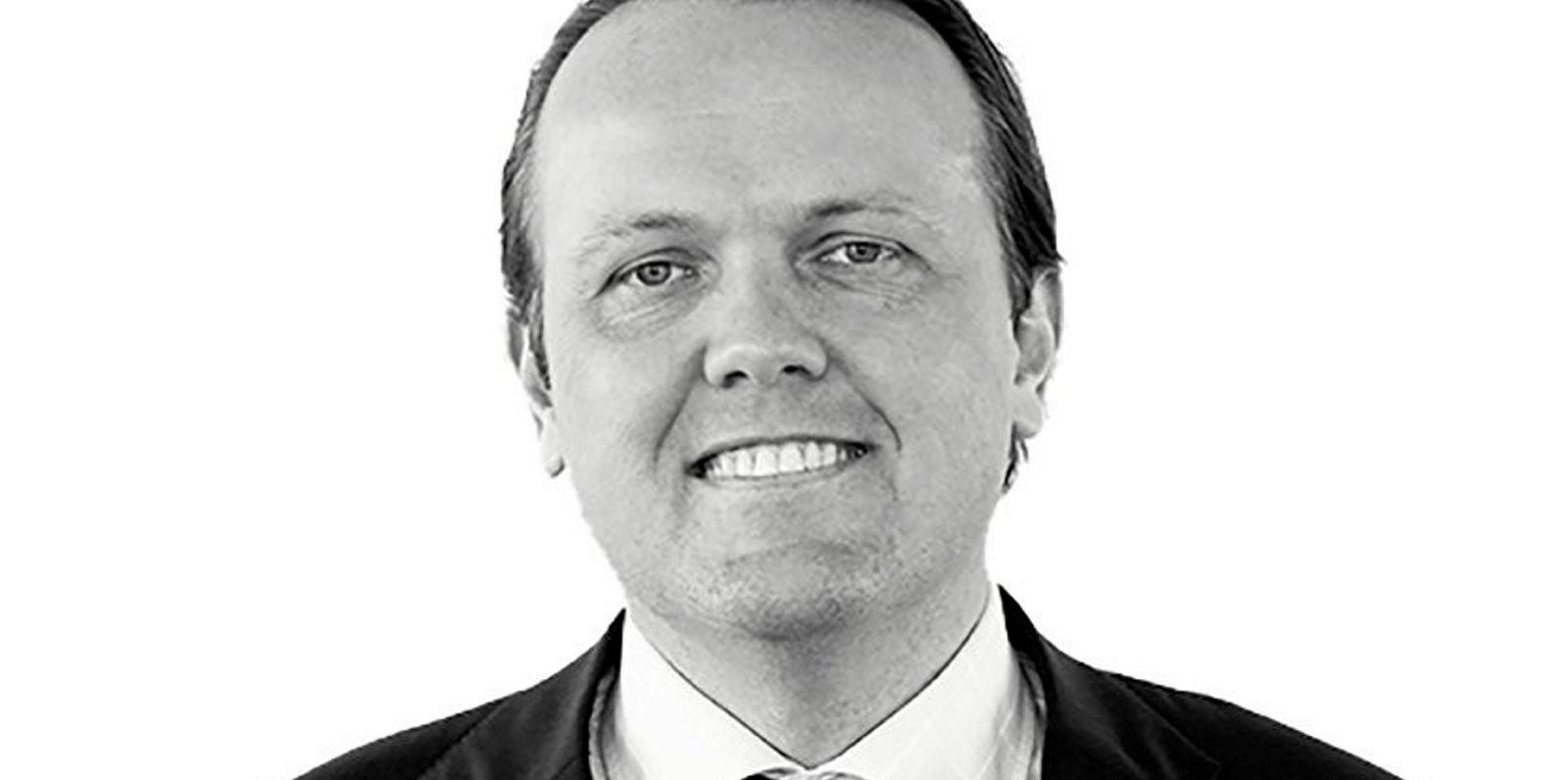
The CCO said the company is now "very much focused on an international roll-out".
She added that local demand, local supply, some positive incentives and maybe other regulations to narrow the gap between biofuels and conventional fuels are "the ideal combination for us to open up an international market outside of the Netherlands".
Kronemeijer said: "This is only the beginning."
He added: "We've demonstrated that it's doable in Singapore. Let's now try and scale it up."
And the CEO said: "We need everyone for that."
This includes governments and pioneering cargo owners such as BHP to take the lead, he added.
What everyone wants
"Then I think we can accelerate the energy transition and that's exactly what we all want," Kronemeijer said.
"Decarbonisation can certainly go very, very quickly if it's also affordable," he added.
Kronemeijer remains very optimistic that advanced biofuels are a "very important decarbonisation driver", especially over the next 10 years.
He said the fuel is the only solution that allows speedy results.
"We need these results, but it's clear we can't be reliant on the Netherlands alone," he added.
"We are in a frantic market-making exercise in Singapore, but also in other regions of the world, and we hope to see a lot more noise coming from us in that space."
The BHP blend was shipped into Singapore. This shipping element is also included in the total emission reduction figures.
Welten said the aim is to always source locally, to give the biggest emission reductions possible.
But she added: "You want to have a solid basis first. If you're going to supply there locally, you need to have the demand there locally."
Singapore brewery?
Kronemeijer said the company wants to "brew its recipe" in Singapore in future.
"The economic circumstances for that are not ideal yet. However, we are optimistic that will change at some point. We remain very interested and keen to develop in Singapore."
As for biofuels more generally, Kronemeijer said there had been a big growth in demand despite the pandemic.
"It's steeply rising," he said.
GoodFuels has more than 100 semi-permanent customers already.
"It's not trial stage any more — we're scaling up," Kronemeijer said.
